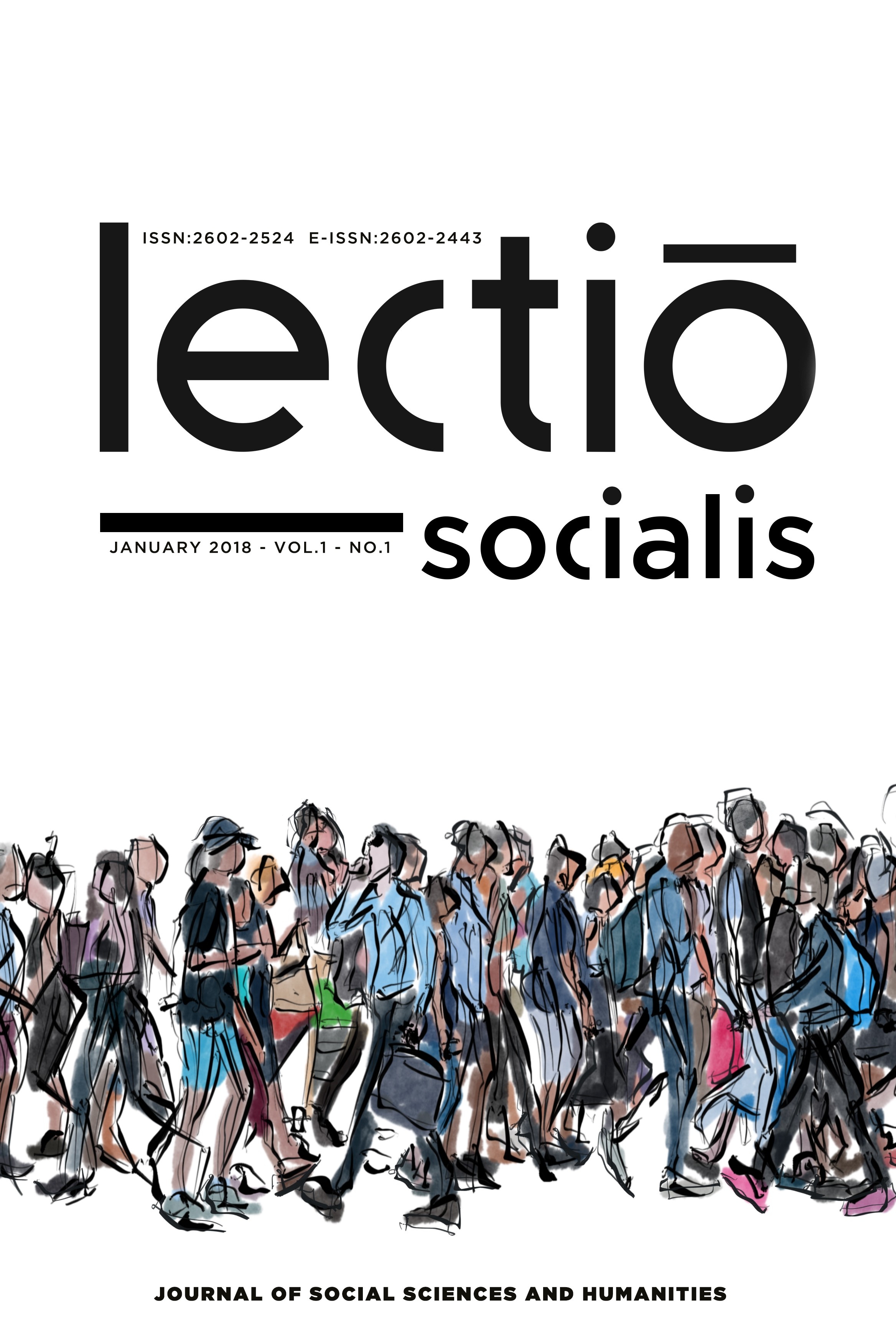Independent Audit Firm Reliability in Turkey: A Research On CMB Sanctions
Independent Audit Firm Reliability in Turkey: A Research On CMB Sanctions
The foundation of sound capital markets lies with effective and independent auditing mechanis- ms. Without properly working auditors it is not possible to ensure a fraud-free corporation. Thus, tighter regulations have become the target for fraud prevention by regulators, beginning with the Sarbanes – Oxley Act (SOX) coming into effect in 2002. As an emerging market, Turkey has fol-lowed the SOX example and updated regulations and audited the audit firms accordingly since.This paper aims to show the differences between audit companies that abide the rules and the audit companies that do not abide the rules. Mann – Whitney U test is applied to data of sanctio-ned audit firms between 2008 and 2017 gathered from Capital Markets Board of Turkey (CMB), and audit firms are compared according to their number of clients, the number of employed au-ditors and ownership type. Analysis results indicate a significant difference between sanctioned audit companies and auditor and client numbers. However, ownership is found not significant.
Keywords:
regulation, independent audit corporate fraud,
___
- ACFE 2016 Report to the Nations, Retrieved from https://s3-us-west-2.amazonaws.com/acfepublic/2016-report-to-the-nations.pdf [accessed on 06.07.2017] ACFE 2010 Report to the Nations, Retrieved from http://www.acfe.com/uploadedFiles/ACFE_Website/Content/documents/rttn-2010.pdf 06.07.2017 AICPA, AS 1001 Responsibilities and Functions of the Independent Auditor, Retrieved from https://www.aicpa.org/Research/Standards/AuditAttest/DownloadableDocuments/AU-00110.pdf [accessed on 06.07.2017] AICPA, Consideration of Fraud in a Financial Statement Audit, https://www.aicpa.org/Research/Standards/AuditAttest/DownloadableDocuments/AU-00316.pdf [accessed on 06.07.2017] Aren, S. and Aydemir, S. D. (2015). The Factors Influencing Given Investment Choices of Individuals, Procedia-Social and Behavioral Sciences, 210:126-135. Aren, S., & Zengin, A. N. (2016). Influence of Financial Literacy and Risk Perception on Choice of Investment. Procedia - Social and Behavioral Sciences, (235), s. 656-663. Armitage, J. L. and Moriarity, S. R.(2016). An Examination of AICPA Disciplinary Actions: 1980-2014, Current Issues In Auditing, 10(2):A1-A13. Aslan, L. (2014). The Influence of European and U.S. Legislation On Turkish Capital Markets Regulation, Journal of Business, Economics and Finance, Vol. 3 (1), 60 – 70. Biegelman, M.T. and Bartow, J.T. (2016). Executive Roadmap to Fraud Prevention and Internal Control: Creating a Culture of Compliance. New Jersey: Wiley. Birke, D. F. (2004). The Toothless Watchdog: Corporate Fraud and the Independent Audit – How Can the Public’s Confidence Be Restored?, U. Miami L. Rev. 51, 891 – 921. Carlo, C., Delio, P. and Sara, T. (2014). A Statistical Analysis of Reliability of Audit Opinions as Bankruptcy Predictors, Discussion Papers del Dipartimento di Scienze Economiche – Universitá di Pisa, n. 174, (retrieved from: http://www.dse.ec.unipi.it/index.php?id=52) [accessed on September 13, 2017]. Deng, M., Melumad, N. and Shibano, T. (2012). Auditors’ Liability, Investments and Capital Markets: A Potential Unintended Consequence of Sarbanes – Oxley Act. Journal of Accounting Research, 50(5):1179 – 1215. DeZoort, F.T. and Taylor, M.H. (2015). Independence and the Reliability Framework, Accounting and the Public Interest, 15(1): 55 – 63. FASAC. (2004). The FASB’s Conceptual Framework: Relevance and Reliability. Retrieved from http://www.fasb.org/cs/
- Başlangıç: 2017
- Yayıncı: Emrah Konuralp
Sayıdaki Diğer Makaleler
SURİYE’DEN GÖÇ VE GÜVENLİK: TÜRKİYE - ÜRDÜN KARŞILAŞTIRMASI
Independent Audit Firm Reliability in Turkey: A Research On CMB Sanctions
SİVİL TOPLUM VE TÜRKİYE’DEKİ MUHASEBECİLER ÖZELİNDE MESLEK ÖRGÜTLERİ
GÖÇMEN KAÇAKÇILIĞI: YÖNTEMLER, YOLLAR, GÜZERGÂHLAR
